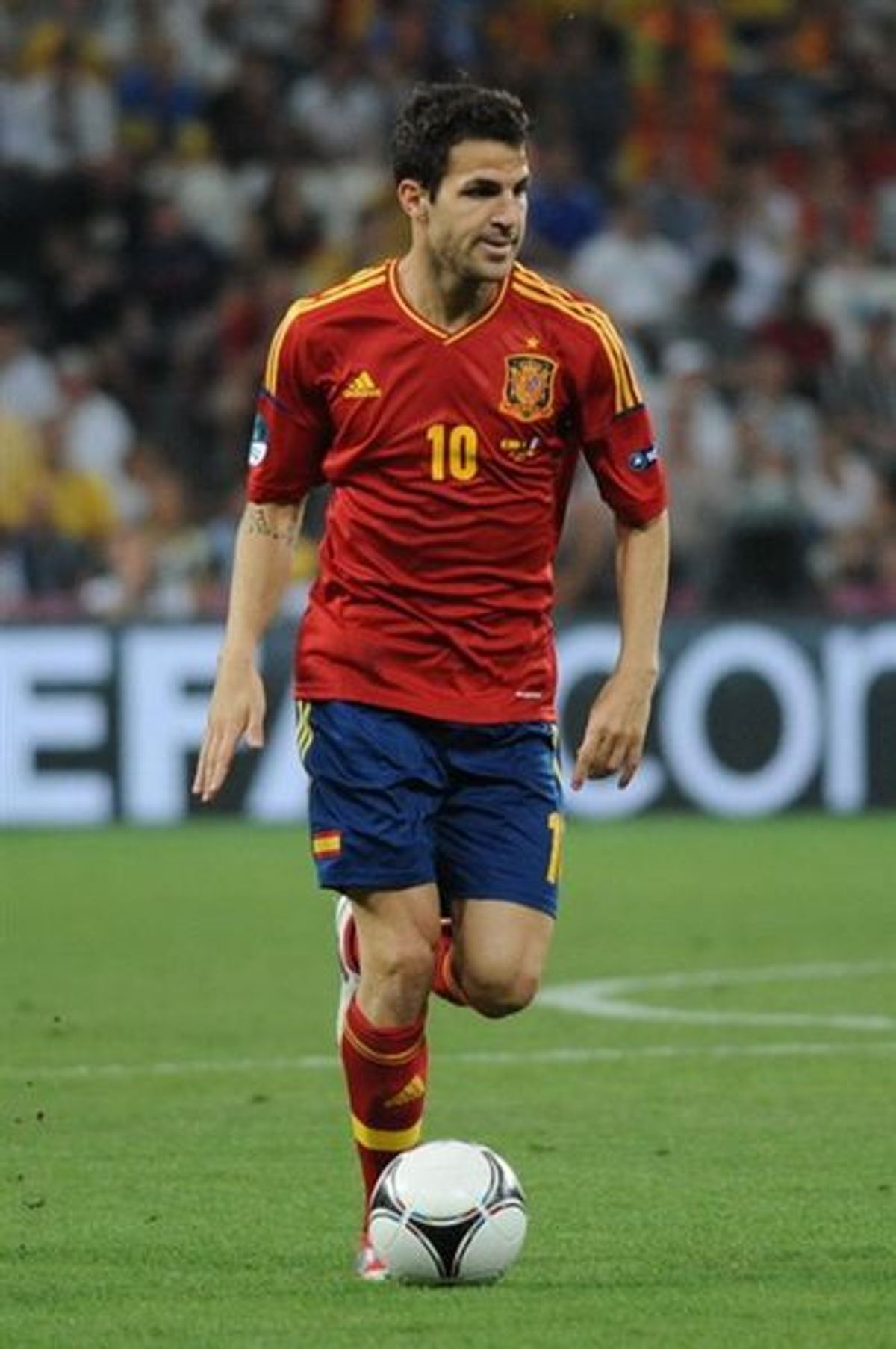It’s a major dilemma most successful companies have to confront sooner or later: when your competitors change the way they do business, do you alter your methods, too? Or do you stick with the business plan that first made you successful?

That prime MBA essay question (business students are occasionally required to write essays, aren’t they?) is playing out in real life in the English Premier League, the world's richest football association, which opened its season last weekend.
The team facing the question is Arsenal. (In the interest of full disclosure, it's also my team. I’ve lived within 15 minutes of the stadium for the last quarter century).
The problem isn’t new. One of the most successful teams in English sporting history, Arsenal have lost their place at the top since big-money foreigners began buying English teams. Now they struggle to finish within the top three or four because the best players have left for other teams that pay vastly higher salaries.
Most galling is that Arsenal trained them. “We make the players here,” the team's iconic manager Arsene Wenger pointed out last weekend. “All that have left were made here or made a name here or came here very young."
The names are well-known: Barcelona and Spain midfielder Cesc Fabregas; New York Red Bulls and France's Thierry Henry; and, most recently, Dutchman Robin Van Persie, last year's Arsenal captain and Premier League player of the year. Van Persie left Arsenal complaining about the team’s lack of ambition — code for their unwillingness to pay the current market rate for players of his caliber.
Van Persie's new contract is worth $314,000 a week. Arsenal's top offer was reported to have been $203,000 — figures that are approaching NBA-superstar numbers.
Three things are going on here.
1.) Player power: In 1995, a Belgian court decided that the soccer player Jean-Marc Bosman couldn’t be tied to a club for life. The ruling was similar to baseball's Curt Flood case and it became European law. If a player sees out his contract, he’s now free to sign with any European team.
If a club wants to get value out of a player, the time to do it is the last year of his contract. (In soccer, teams don't trade players.) When Van Persie made clear he wouldn’t sign a new contract, Arsenal sold the old one to United for a reported $36 million fee.
Put that together with Van Persie's salary and you realize having a top team in the Premier League is a big-money game. Where does the money come from?
2.) TV money: The golden age began back in the early 1990s, when Rupert Murdoch's Sky television gained exclusive rights to broadcast Premiere League matches for a very large sum. Last year, the 20 Premier League teams split a pot worth more than $1.5 billion.
That amount will balloon starting next season because Sky and British Telecom signed a new contract to share broadcasts in June, for which they’ll pay $4.7 billion.
However, Arsenal remained competitive, winning titles and trophies even when player power and television money were growing. They were killed by trend number three.
3.) The arrival of deep pockets: It isn’t hard to remember the time before Russia had oligarchs and Gulf states used their oil wealth to promote themselves on the world stage. Those recent changes in the business world have had a dramatic impact on the Premier League.
The Russian tycoon Roman Abramovich bought the Chelsea Football Club in 2003. In 2005, the Glazer family, owners of the Tampa Bay Buccaneers, took a more traditional American route to acquiring Manchester United: a leveraged buyout that loaded the club with debt far into the future. Then in 2008, the Abu Dhabi Investment group bought Manchester City.
Debts at all three clubs piled up. So did titles and trophies. Manchester City lost $307 million in 2010-2011, The Guardian reported. They won the Premier League title the following season.
Chelsea lost $106 million. They won the European Champions' League the next year.
Although Manchester United posts an annual operating profit, it carries long-term debts of more than $628 million, according to The Guardian. United finished second by a whisker to City last season and has been a finalist in the Champions' League two of the last four years.
Despite its debt, it was reported on Monday that George Soros recently bought 3.1 million Class A shares of Manchester United stock, worth around $40 million. Backers don't come any more solvent that the proprietor of the $25 billion Soros Fund.
And Arsenal? Well, they have no debt, trade at a profit, and, according to the most recent study by Deloitte and Touche, are the fifth-largest football team in the world. What have they won since 2005? Nothing. Zilch. Nada.
Arsenal acquired an American billionaire, Stan Kroenke, as majority shareholder, and a Russian oligarch, Alisher Usmanov, as their largest minority shareholder. But they haven’t changed their business model. Their goal seems to be running a debt-free professional sports team that turns an annual profit and remains in the league’s top four teams — along with playing the most attractive football and developing squadrons of young talent that then get sold on.
They do business the right way, but when people who do business the wrong way beat you year in and year out, do you decide to change your business model?
MBA students (and soccer fans), write those essays.



Shares